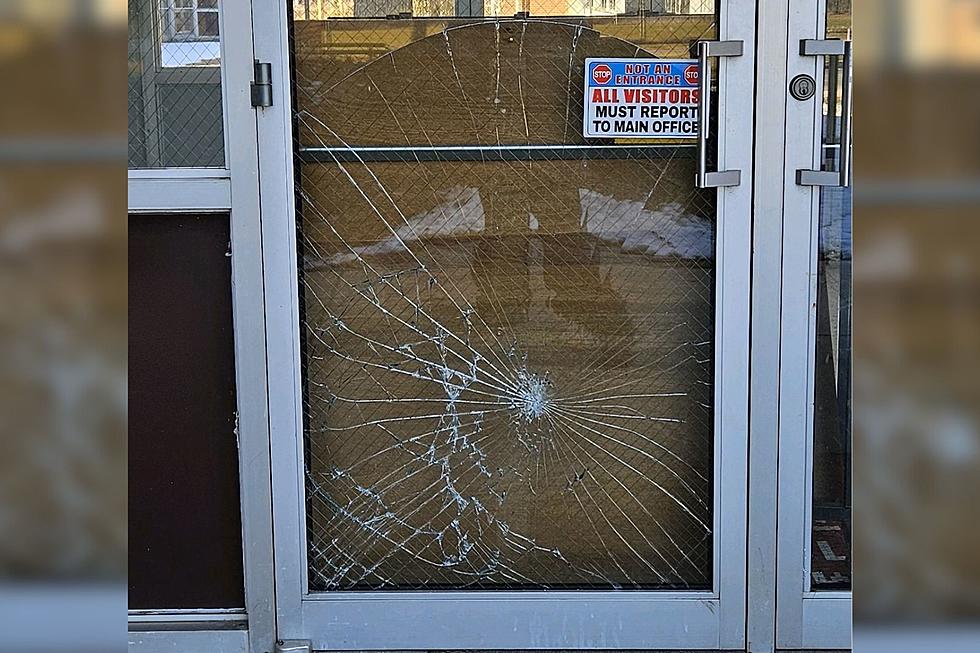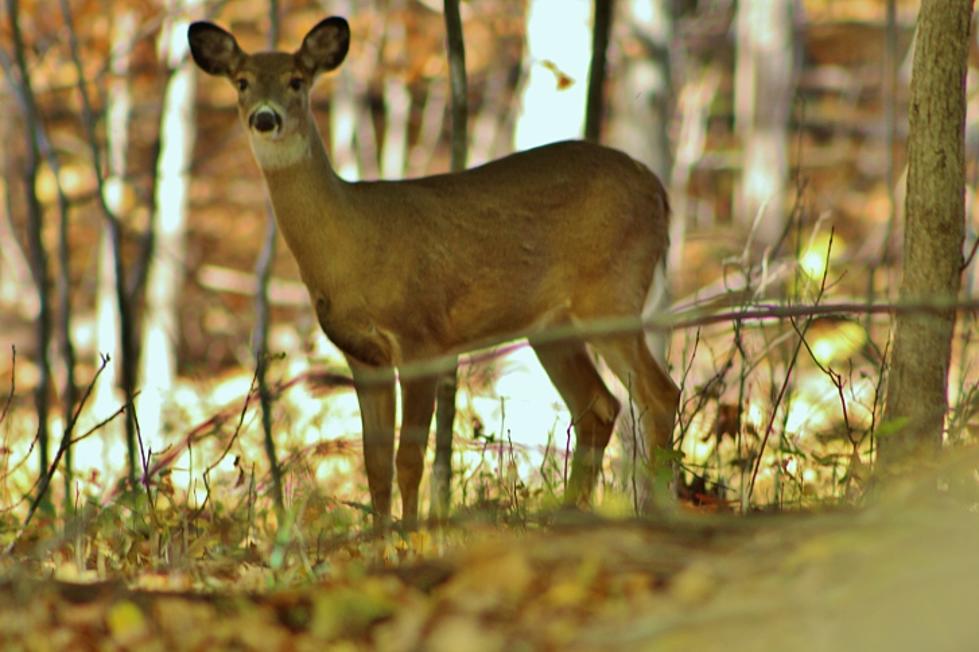![State Officials Say There Is No Rabid Bat Epidemic [AUDIO]](http://townsquare.media/site/385/files/2012/09/Rabid-Bat.jpg?w=980&q=75)
State Officials Say There Is No Rabid Bat Epidemic [AUDIO]
Six cases of rabid bats in Middlesex County this year have some residents on edge. But the State Veterinarian says the numbers are not a cause for undue alarm.
Dr. Colin Campbell, with the State Health Department, has this advice for anyone who is bitten by a bat or any other wild animal - seek medical care as soon as possible.
But Campbell says the number of rabies cases they have seen this year are no higher than they have been for the past 15 or 20 years.
He says, "We don't want anyone to panic unduly."
Campbell says bats will hibernate, usually by mid or late November. Campbell says, at that point, they tend to see very few rabies cases until April or May. He says a little bit later in the season, when they go into hibernation, is a great time to check your house and make sure it is secure from bats, and make sure they are not roosting in the attic or in the chimney or in other places in and around the house.
Campbell also advises you to stay away from wild animals. Not only wild animals, but also stray domestic animals or domestic animals that you are not familiar with, although most of the rabies cases in New Jersey are associated with wildlife. Cats, in particular, are a domestic pet that do get infected with racoons fairly frequently.
And make sure pet rabies inoculations are current. Campbell says the rabies vaccines for animals are very safe, and not terribly expensive and the duration for immunity can be up to three or four years. So it's a very efficient way to protect your pet. He says it is very unlikely that a healthy, vaccinated animal will develop rabies, even if it's attacked by a rabid animal.
More From New Jersey 101.5 FM









